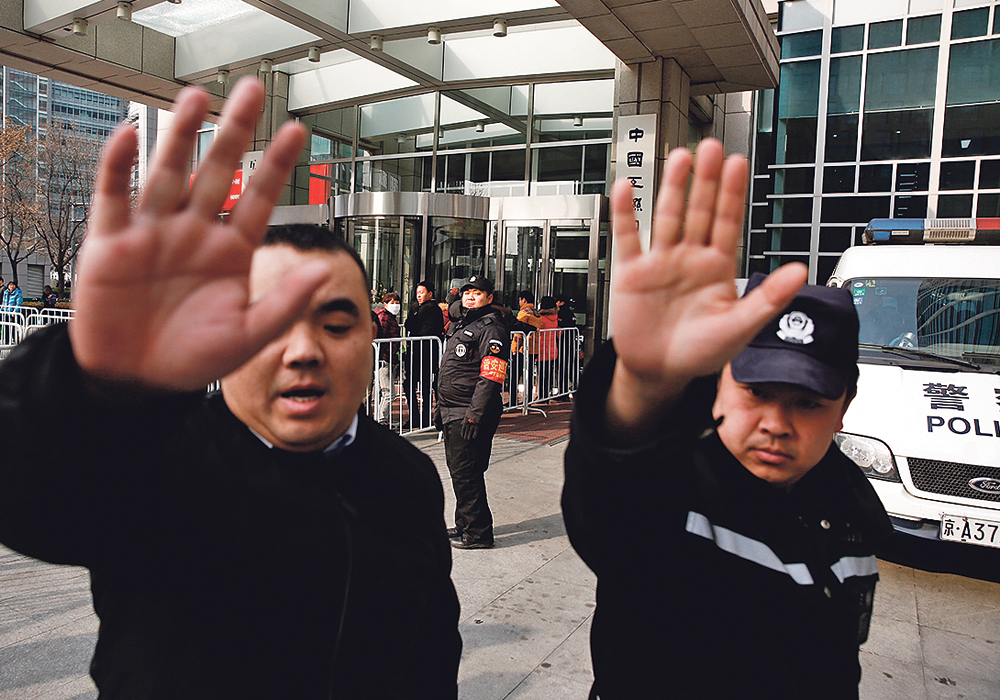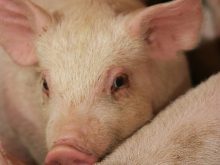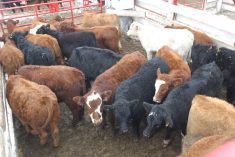Here’s are the issues and questions I’m pondering as we tread into 2019:
China and specific actions against Canada
Probably the biggest single direct impact on Canadian farmers would be a specific trade action against Canada by China, which at the end of 2018 was in a rage against this country.
Blocking or restricting canola or pork sales would have a big and disruptive impact on the flow of physical product off farms and would savage prices.
Will China calm down and move on?
Read Also

Critical growing season is ahead for soybeans
What the weather turns out to be in the United States is going to have a significant impact on Canadian producers’ prices
World economic health and growth
General demand for all crops and meat comes from the economic health of food eaters around the world. The more money people have, the more and better food they tend to buy from exporters.
World economic health is in doubt. The advanced world has been recovering since the 2008-09 financial meltdown, but there are many signs that recovery is weakening in Europe, Canada and other developed nations.
China’s economic growth is quickly slowing.
Is this just slowing growth or the precursor to a demand-killing recession?
China, the U.S. and messed-up trade flows
At the end of 2018 the U.S. and China had entered an uneasy detente in the trade war that U.S. President Donald Trump launched. China was dangling the prospect of renewed U.S. soybean sales in front of the markets.
Canada benefited during the early stages of the war, but now that there’s a U.S.-China truce and China is spitting mad at Canada, how will crop and meat flow to China be affected?
Interest rates and foreign exchange rates
Farmers are both directly and indirectly affected by interest rates and the value of the loonie. Rates have been low for a long, long time, but they have been rising. Where does that go in 2019?
A low Canadian dollar has helped Canadian farmers do better than American farmers. Does the loonie continue to give farmers a helpful hand?
Unpredictable trade eruptions
China’s fit over the arrest of a Huawei executive in Canada on a U.S. warrant, leading to the arrest of Canadians in China and threats against Canada, is similar to the over-the-top reaction of Saudi Arabia to a tweet from Foreign Minister Chrystia Freeland earlier in 2018.
It feels like the gloves have come off in international relations and goodwill, and long-term good relations can be jettisoned overnight by comparatively small events. This follows, and perhaps was facilitated by, Trump’s belligerence toward Canada during the North American Free Trade Agreement renegotiations.
Canada seems to be an easy target these days.
Will Canada face more of these eruptions in 2019?
U.S. actions against Canada
It’s nice to believe everything will go back to normal with the U.S. now that NAFTA2 has been signed.
Is that a safe assumption? Regardless of free trade, the U.S. has taken a number of trade actions against Canada over the years, generally provoked by domestic U.S. political concerns.
As the 2020 U.S. elections approach, will Trump, his opponents and House or Senate politicians find it convenient to hit Canada and Canadian farmers with some sort of something?
Weather
As always, the biggest factor that will affect prairie farmers’ well-being, markets and profitability will be the size and quality of crops they harvest, which has a lot to do with the kind of weather they receive.
What kind of weather will we get in 2019?


















